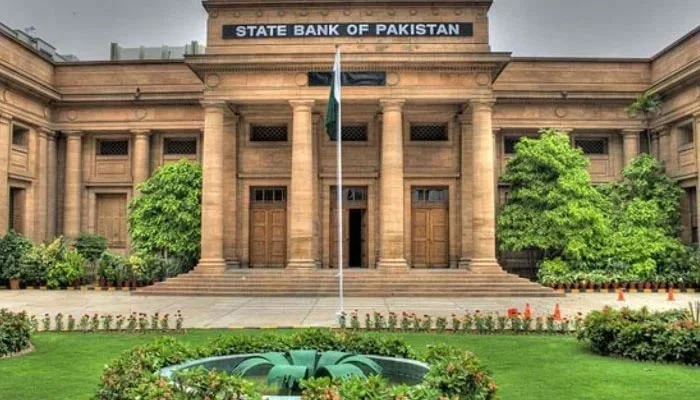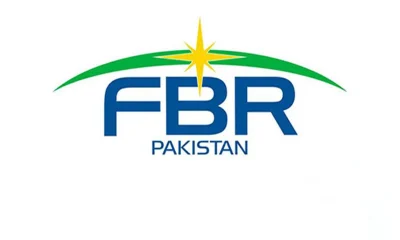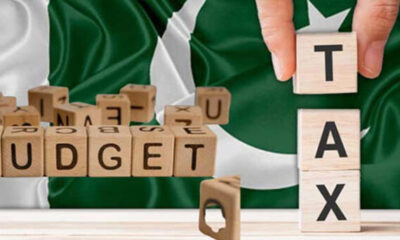- SBP says economy will grow at slower pace.
- Economy had expanded by 6% during last fiscal year.
- SBP had already cut the economic growth to about 2%.
KARACHI: The State Bank of Pakistan (SBP) on Wednesday projected that Pakistan’s economy will grow at a slower pace in the ongoing fiscal year compared to what was predicted a few months ago due to the catastrophic flood losses and falling demand, and as high interest rates, reported The News.
“Taking into account the destruction caused by floods and the policy focus on stabilisation, the SBP projects real GDP [Gross Domestic Product] growth below the previously announced range of 3-4% for FY-2023,” said the central bank in its annual report on the State of Pakistan’s Economy for the fiscal year 2021/22.
The economy had expanded by 6% during the last fiscal year. The SBP had already cut the economic growth to about 2% in its monetary policy statement in October.
The SBP’s growth projection was not only based on flood-related fallout on the economy, which is anticipated to affect the real economic activity through a variety of channels and have a considerable negative impact on output.
The country’s economy was given dim predictions by international financial institutions as well. The World Bank predicts that this fiscal year’s GDP growth would be 2.2%. The country’s GDP was projected by the International Monetary Fund to grow by 3.5% without taking the impacts of the floods into account.
The central bank’s economic report card for FY-2022 was released amid a balance of payments crisis.
Pakistan severely needs external financing while the IMF’s ninth review has been pending since September. The forex reserves have fallen to $6.7 billion, hardly enough for a month’s worth of imports.
On inflation, the central bank has projected that the prices would go beyond the previously announced range of 18-20% during the ongoing fiscal. The consumer price index inflation is expected to be in the 21-23 range, according to its last monetary policy statement.
“Supply shocks in the form of the rollback of energy subsidies and resumption of fuel taxation and losses to agriculture produce caused by floods are likely to influence the inflation trajectory during the year. The elimination of subsidies and increase in fuel taxation triggered a sharp increase in inflation since June 2022, and the trend is likely to persist in FY2023,” it said in the report.
The coordinated fiscal and monetary policy stance is likely to reduce external account pressures in FY2023.
The SBP sees the current account deficit to be around 3% of GDP. This improvement would be driven by a sizeable contraction in import growth.
Likewise, global commodity prices have also started to soften after reaching multiyear peaks in FY-2022, which will reduce the pressure caused by a large price impact, it said.
However, the downturn in global demand may also weaken the growth of exports, and the tightening of policies in advanced economies would lessen the likelihood of capital flows to emerging and developing economies.
After seeing a surge in FY-2021, the workers’ remittances seem to have peaked in FY-2022 and are probably going to stay at a similar level in FY-2023, it noted.
“Alongside the IMF programme disbursements, the country is expected to receive external financing from multilateral and bilateral creditors that will considerably strengthen FX reserves position during FY2023.”

 Latest News1 day ago
Latest News1 day ago
 Business1 day ago
Business1 day ago
 Business1 day ago
Business1 day ago
 Latest News1 day ago
Latest News1 day ago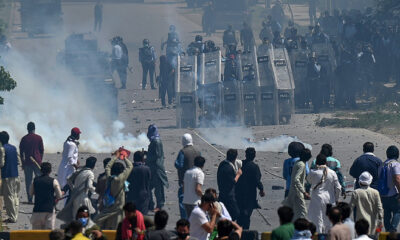
 Latest News1 day ago
Latest News1 day ago
 Business1 day ago
Business1 day ago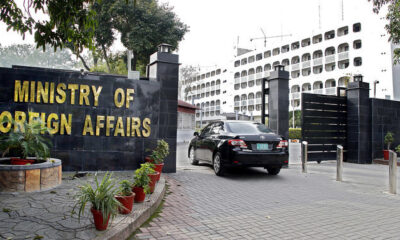
 Latest News1 day ago
Latest News1 day ago
 Latest News1 day ago
Latest News1 day ago
